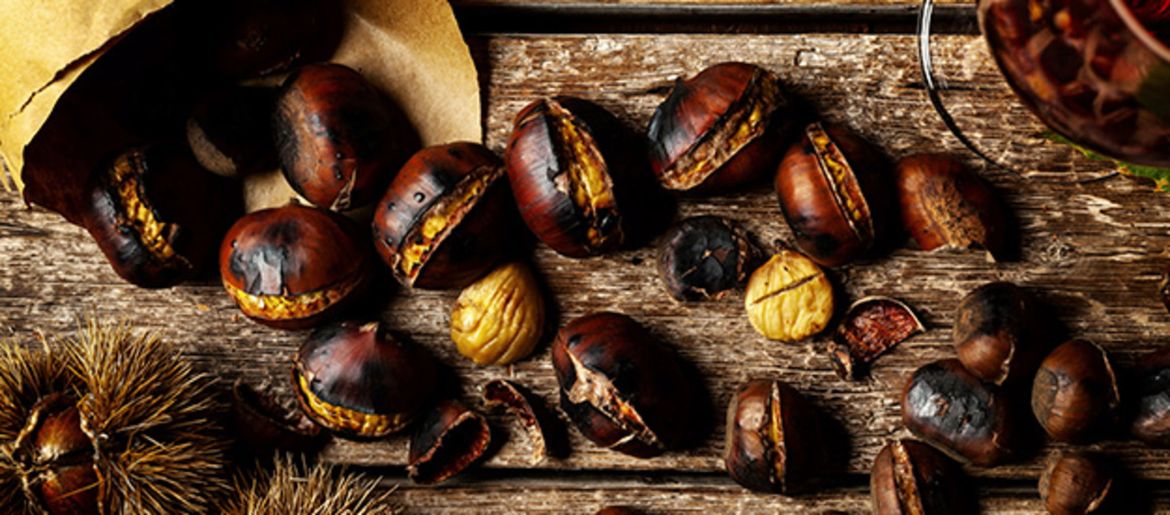Sweet Chestnuts: The Healthy, Wholesome Meal
Chestnuts are a popular snack in the cold season, when you can buy them on every other corner in cities. And quite rightly so, because these hot delicacies are not only a great way to warm your fingers in winter, they also do a lot for our health. One could even say that a portion of these noble fruits is equivalent to a balanced wholefood meal.
Origin and Classification
Chestnuts are distinguished from sweet chestnuts, whereby the former are considered the finer, more noble variety - hence the name sweet chestnuts. They have a heart-like shape and a reddish-brown skin with dark stripes. Normal sweet chestnuts, on the other hand, are larger and have a roundish shape that is flattened on one side.
The sweet chestnut tree originally comes from Asia Minor, where people used to eat roasted chestnuts with wine or simply with apples and curd cheese. Even in ancient times, these fruits were considered valuable. This continued into the Middle Ages, when Charlemagne promoted the cultivation of sweet chestnuts, as they had become a staple food for the population and also good concentrated feed for animals.
Now the question arises as to why chestnuts are no longer of such great importance today. The answer lies in the discovery of America. When the potato came to Europe, the importance of sweet chestnuts diminished more and more.
Ingredients
Chestnuts belong to the nut family, but unlike most other types of nuts, they cannot be eaten raw. The starch contained in the fruits must first be broken down and this is done by boiling, steaming or frying the chestnuts. Then the fruits are not only easy to digest, but they also contain a whole range of healthy ingredients. Among them are:
- High-quality protein
- Easily digestible carbohydrates
- Minerals and trace elements such as calcium, iron, potassium, magnesium and manganese
- Many vitamins, including all B vitamins, vitamin C, E and provitamin A
- Chestnuts contain little fat (only about 2 g per 100g)
You normally only get all these ingredients if you eat a complete meal including vegetables, fruit and meat/fish. But be careful: If you see this as a licence to eat too many chestnuts, you should not overdo it. Chestnuts contain a lot of healthy ingredients, but also relatively many calories (100g contains more than 200 kcal). Therefore, they should always be considered a meal and not a snack in between meals, which is what they are mostly enjoyed as today. Nevertheless, the comparison with other nuts is impressive. 100g of hazelnuts contain about 585 kcal and 62g of fat.
In addition, chestnuts are very easy to digest, which is why they are especially interesting for people who sleep poorly in the evening after late meals.
Positive Health Effects
Thanks to their diverse ingredients, sweet chestnuts also have many positive effects on our health. Let's take a closer look at some of them:
- As an alkaline food, chestnuts support the body in maintaining the acid-base balance.
- They have a relaxing effect and promote falling asleep. The reason lies in the amino acid tryptophan contained in the fruits.
- Thanks to the many minerals and vitamins, they strengthen the nerves.
- Bones and teeth stay strong thanks to calcium and phosphorus, which is especially interesting for children, young people and older people.
- They give strength quickly because they preserve carbohydrates and are thus perfect for physical or mental exhaustion.
- The bioflavonoid rutin is said to help with varicose veins and vein problems. In addition, sweet chestnuts are said to strengthen the vein walls, prevent inflammation and also keep the blood flowing.
Greater Variety than Expected
The beauty of chestnuts is that they can be used in many different ways in the kitchen. So it doesn't always have to be roasted chestnuts from the street vendor. They also taste great in soups, with poultry with apples and herbs, red cabbage, spinach and game. In addition, they are also wonderful in various desserts and you can even bake cakes and bread from them (if you have chestnut flour). As you can see, there are plenty of ways and possibilities to enjoy this healthy delicacy on a regular basis.
Latest reviews
-
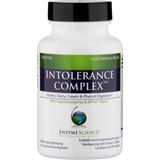 4.9 (8)
4.9 (8)Enzymedica Intolerance Complex, 30 capsules
- Special enzyme mixture
- Contains DPPIV protease
- Vegetarian & vegan
€ 36,99 (€ 1.479,60 / kg)Delivery by April 16
-
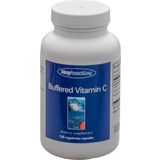 5.0 (3)
5.0 (3)Allergy Research Group Buffered Vitamin C, 120 veg. capsules
- Ascorbic acid
- Calcium
- Magnesium
€ 24,99 (€ 227,18 / kg)Delivery by April 16
-
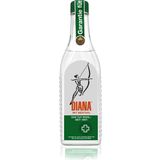 4.9 (41)
4.9 (41)DIANA with Menthol Rubbing Alcohol, Glass Bottle, 250 ml
- For rubbing & massaging
- Original recipe
- With natural ingredients
€ 6,29 (€ 25,16 / l)Delivery by April 29
-
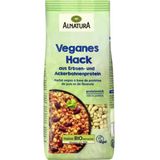 5.0 (3)
5.0 (3)Alnatura Organic Vegan Mince, 100 g
- Made from peas & broad beans
- Ideal meat substitute
- Rich in protein
€ 2,49 (€ 24,90 / kg)Delivery by April 23

